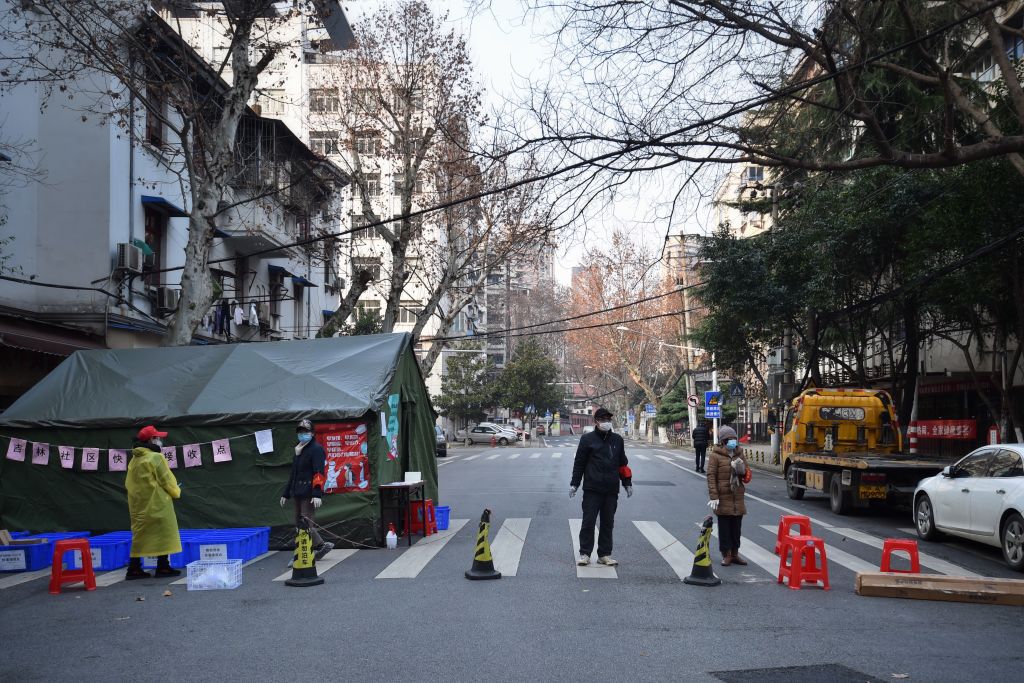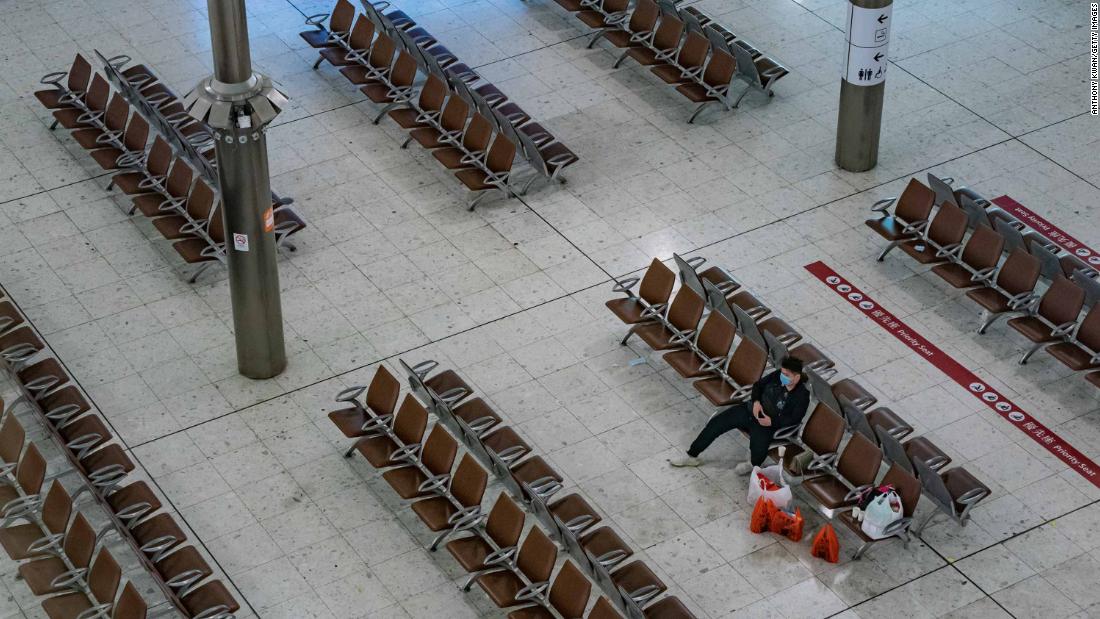
On 11 November, the government announced it would shorten quarantines and ease other restrictions, a move seen to be aimed at alleviating economic pressures and cooling public discontent. The strict enforcement of China’s “dynamic zero Covid” policy for almost three years has weighed on its economy and stoked frustration among the population. “As for the violent incident, the company would continue to communicate with the staff and government to prevent similar incidents from happening again,” a company statement said.

Some said on social media that they had received bonuses of 10,000 yuan (£1,150) in return for terminating their contracts.įoxconn apologised on Thursday for what it called “an input error in the computer system” and said it would guarantee that the pay was the same as was promised in official recruitment posters. Many employees accepted payoffs from the company and went home on Thursday. Police kicked and hit one protester with clubs after he grabbed a metal pole that had been used to strike him. Videos online showed thousands of people in masks facing rows of police in white protective suits with plastic riot shields.

Employees said protests started after the company changed the terms of their pay. One worker told the AFP news agency that the protests had begun over a dispute about promised bonuses at the Foxconn factory and “chaotic” living conditions.įoxconn, the Taiwan-based owner of the factory, which employs about 200,000 people in Zhengzhou, has been desperate to keep operations going after a handful of Covid cases forced it to lock down the facility, and it recruited new workers from across the country on favourable packages to replace the thousands who last month walked away. Residents were ordered to stay at home and carry out daily PCR tests in a “war of annihilation” against the virus. In Zhengzhou, in the central province of Henan, where there were clashes on Tuesday and Wednesday between police and protesting workers from Foxconn’s iPhone factory, authorities announced a five-day lockdown for approximately 6 million people. The government responded by tightening Covid restrictions in cities, including Beijing, Shanghai and Guangzhou, and ordering mass testing.


 0 kommentar(er)
0 kommentar(er)
